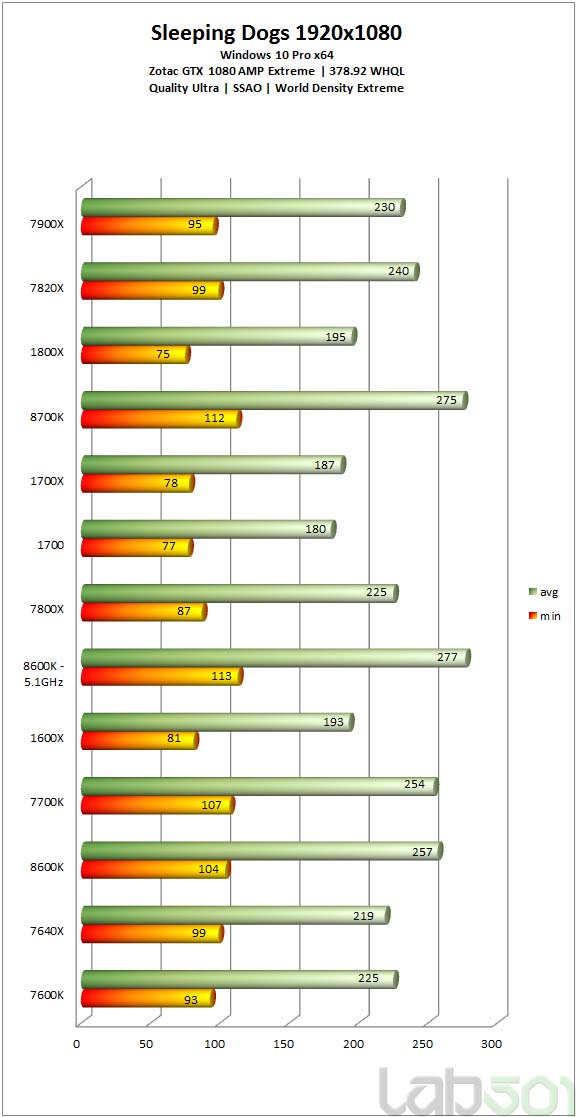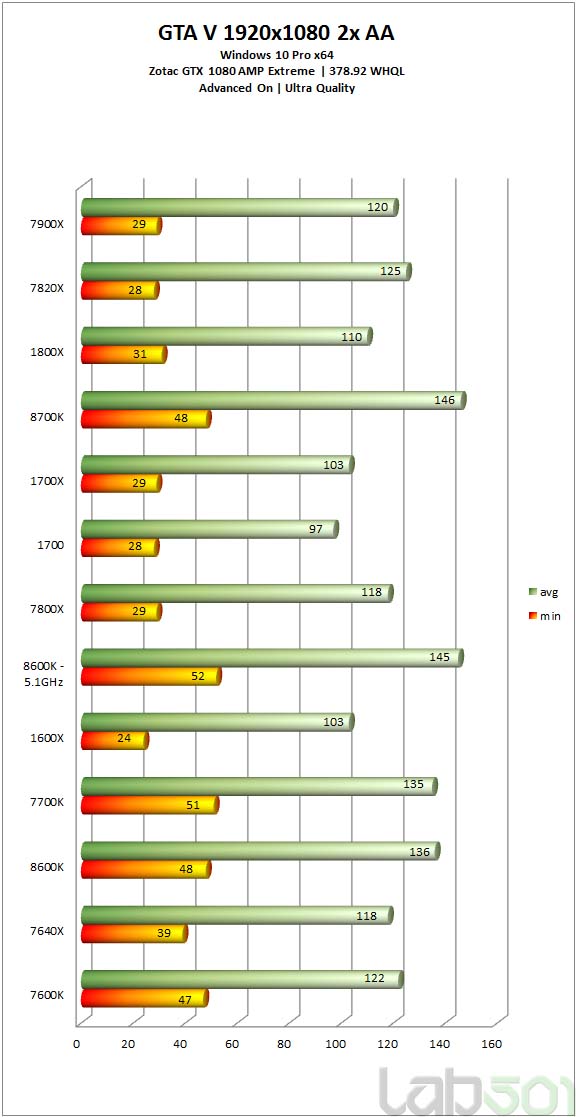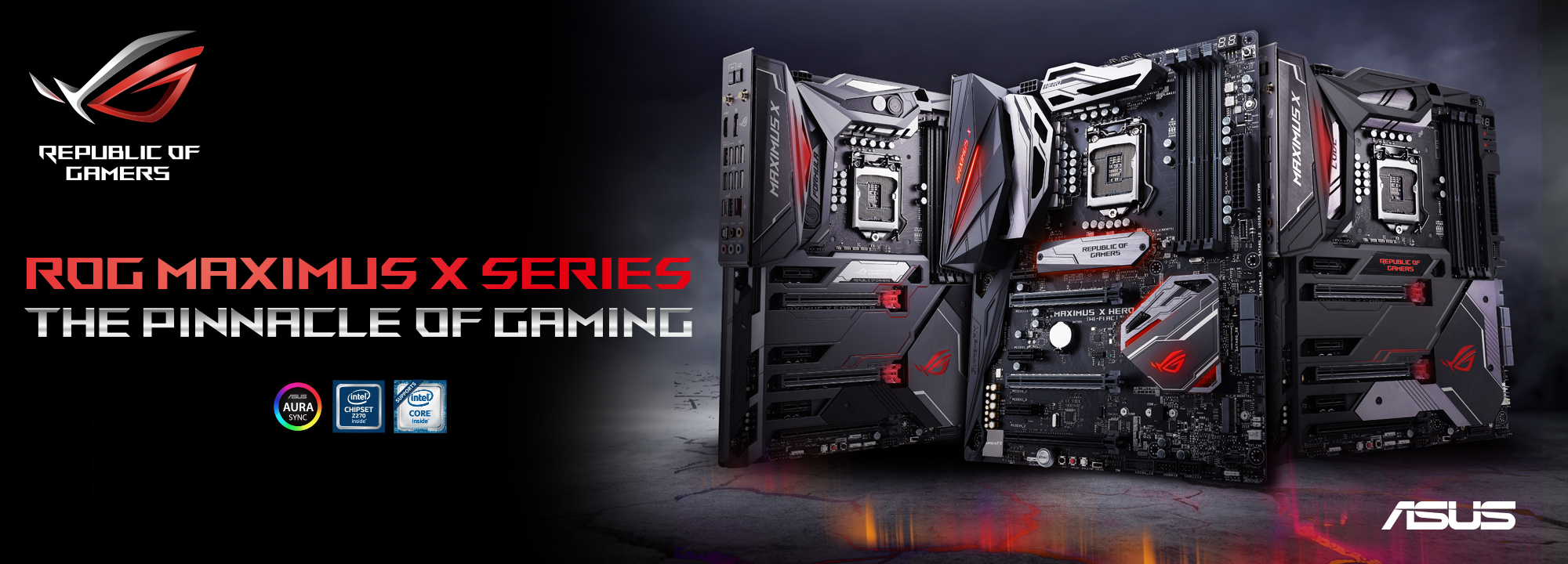this makes me curious, looks like core architecture cant get optimized anymore so no more "core" ipc increase. when will we expect to see a new build soon from intel? AMD's got ryzen, hope intel can bring some nice things to the table, something like actual 10% ipc increase in a single generation due to architecture change would be nice.
The 8700k is going to be a definitive cpu I suspect. First real leap in several generations.
When (if) they make an 8 core 10nm chip, that leap will also be significant but likely the last in ages.
One positive thing about this difficulty in shrinking technology is that eventually, one day AMD and Intel will be very close in process technology, this means, eventually AMD just need to figure out how to make the design better and better to catch up properly.
Then competition will be even hotter, benefiting us
![[H]ard|Forum](/styles/hardforum/xenforo/logo_dark.png)





